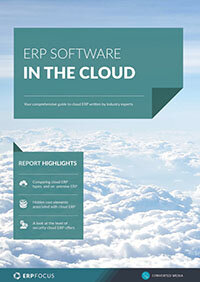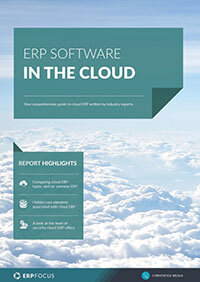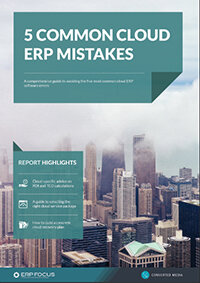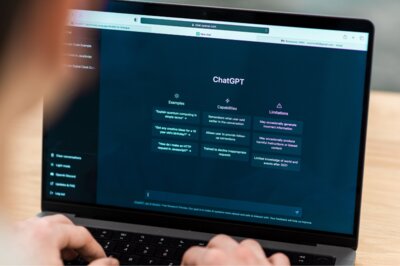Top 3 Trends in the Cloud ERP Market
‘The more things change, the more they stay the same’ and although many are now referring to ERP systems as ‘legacy’ applications, there are number of new tricks that this venerable dog is still able to showcase, especially in the cloud ERP market. I’m not the only individual who believes that since discussions on the continual evolution of ERP typically occur whenever detail-driven managers come together.
These conversations range from active deep-drills into the bowels of today’s systems to more eclectic considerations, but for our purposes we have identified three particular areas of excitement, one relating to overall ERP extendability, one orientating itself to enhanced information development, and the third harboring a new interest in directly binding the customer to the enterprise.
Mobility
During the last two or three years, smart device development has gone through the roof, and along with a host of ways to order a pizza (with or without anchovies), business systems developers have also seen the light by beginning to integrate cloud ERP systems with smart applications as well. This is particularly fortuitous since this technology easily lends itself to the leveraging of multiple information channels, while previously being limited by the largely serialized processing associated with traditional client/server topologies. Between then and now however, cloud ERP and smart devices have created a happy and active marriage that is appearing to create new values and extended capabilities that previously were un-fathomable.
Enhanced Business Intelligence
BI is all about knowing more than you knew the day before, and the seamless moulding between cloud-based topologies with previous ERP information retrieval processes, are being shown to be an all round winner in ERP BI. In the past, BI was limited by time, space and processing power, whereas today, smart-nodes that can fetch, identify, and track hosts of likely customer trends, people and competitors in real-time are as ubiquitous, as they are relevant.
Social CRM
Although this pick may appear to be systemically counter-intuitive, nothing could be further from the truth, particularly when it comes to an integrated cloud CRM module. Why? Because customers stimulate typical, yet unrelated, bits of commercial trivia that can be leveraged and used if that data is mined properly. This is where ERP socialization comes in, since the only way to get at the heart of the matter is by directly interacting with one’s customer base.
However, in the past there was no flexible mechanism available to accomplish this goal, nor were there any easy ways to create a direct real-time communications continuum until the cloud appeared. Consequently, in the same ways that BI is being enhanced, the socialization of ERP is being applied as well, and it’s all because of the development of today’s tightly knit fabric of software and hardware.
As a result of today’s evolved advantage of cloud based computing, no one should feel like ERP is ever going to go the way of the now dormant dodo, but instead, a bright light to follow and respond to, while moving deep into the 21st Century.
Free white paper

ERP Software in the Cloud
Get your free guide to cloud ERP software

Featured white papers
-

Five common cloud ERP mistakes
Get your comprehensive guide to avoiding the five most common cloud ERP errors
Download -

Related articles
-

Intelligent ERP systems: What AI can (and can’t) do
What AI in ERP really means for buyers in 2025
-

CMMC Compliance: What Aerospace and Defense Manufacturers Need to Know
Key insights on CMMC compliance, deadlines, and securing DoD contracts with CMMC 2.0 certificatio...
-

Why you shouldn't underestimate cloud ERP consultant costs
Make sure to take the cost of a consultant into account when planning your cloud ERP budget

